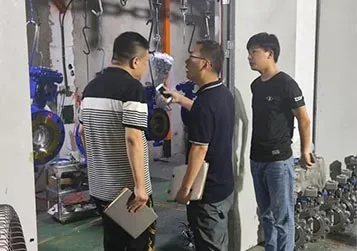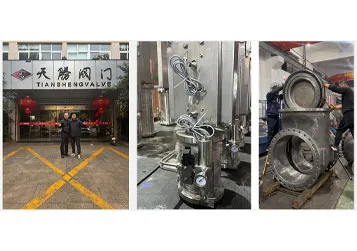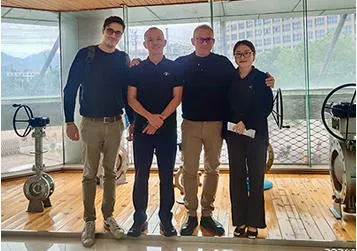- Email:info@tsv-valve.com

 May 05,2025
May 05,2025A ball valve is a type of valve that controls the flow of fluids or gases through a pipe or duct. It consists of a hollow, perforated and pivoting ball-shaped disk, called a ball, which is positioned inside the valve body. The ball has a hole through its center that allows for fluid or gas to flow through when the hole aligns with the pipe or duct.
As a type of quarter-turn valve, industrial ball valves utilize a rotating ball with a bore to start or stop media flow with a simple 90-degree turn. They are valued for reliable sealing and ease of operation but are unsuitable for throttling or partially open duties, as uneven pressure can damage internal components.
Ball valves are commonly used in applications where quick and precise control of fluid or gas flow is required. They are often used in industrial settings, such as oil and gas, chemical processing, and water treatment plants, as well as in residential plumbing systems.
Metal-seated ball valves, in particular, are essential in demanding environments such as chemical processing, mining, and other non-refinery applications involving high pressure, extreme temperatures, abrasion, or corrosive media. This has driven specific demand for durable quarter-turn valves capable of crucial isolation under harsh conditions. Reputable manufacturers like TSV design these valves for rapid actuation, easy restoration, and dependable performance even in severe service situations.
To control the flow, the ball valve can be rotated with a handle or lever. When the ball is in the open position, fluid or gas can freely flow through the valve. When the ball is rotated to the closed position, the hole in the ball is perpendicular to the pipe or duct, blocking the flow of fluid or gas.
Fast and easy operation: Ball valves can be quickly and easily opened and closed with a simple quarter turn of the handle or lever.
Tight sealing: When closed, the ball valve provides a tight seal, preventing leakage of fluid or gas.
Durability: Ball valves are typically made of durable materials, such as stainless steel or brass, which make them resistant to corrosion and capable of withstanding high pressures and temperatures.
Versatility: Ball valves can be used with a wide range of fluids and gases, making them suitable for various applications.
Compact design: Ball valves have a compact design, which allows for easy installation and integration into piping systems.
However, ball valves also have some limitations, such as potential for cavitation (formation of vapor bubbles) and limited control of flow modulation (compared to other valve types like globe valves). Additionally, ball valves may experience some leakage at very low flow rates.
TIANSHENG 's Ball Valves use a rotating ball to manage flow. Quick to open/close, with tight shut-off, they’re ideal for gas, liquid pipelines in multiple industries.
Overall, ball valves are a commonly used type of valve known for their versatility, durability, and ease of operation.
Related News




GET A QUOTE
Talk to Our Expert